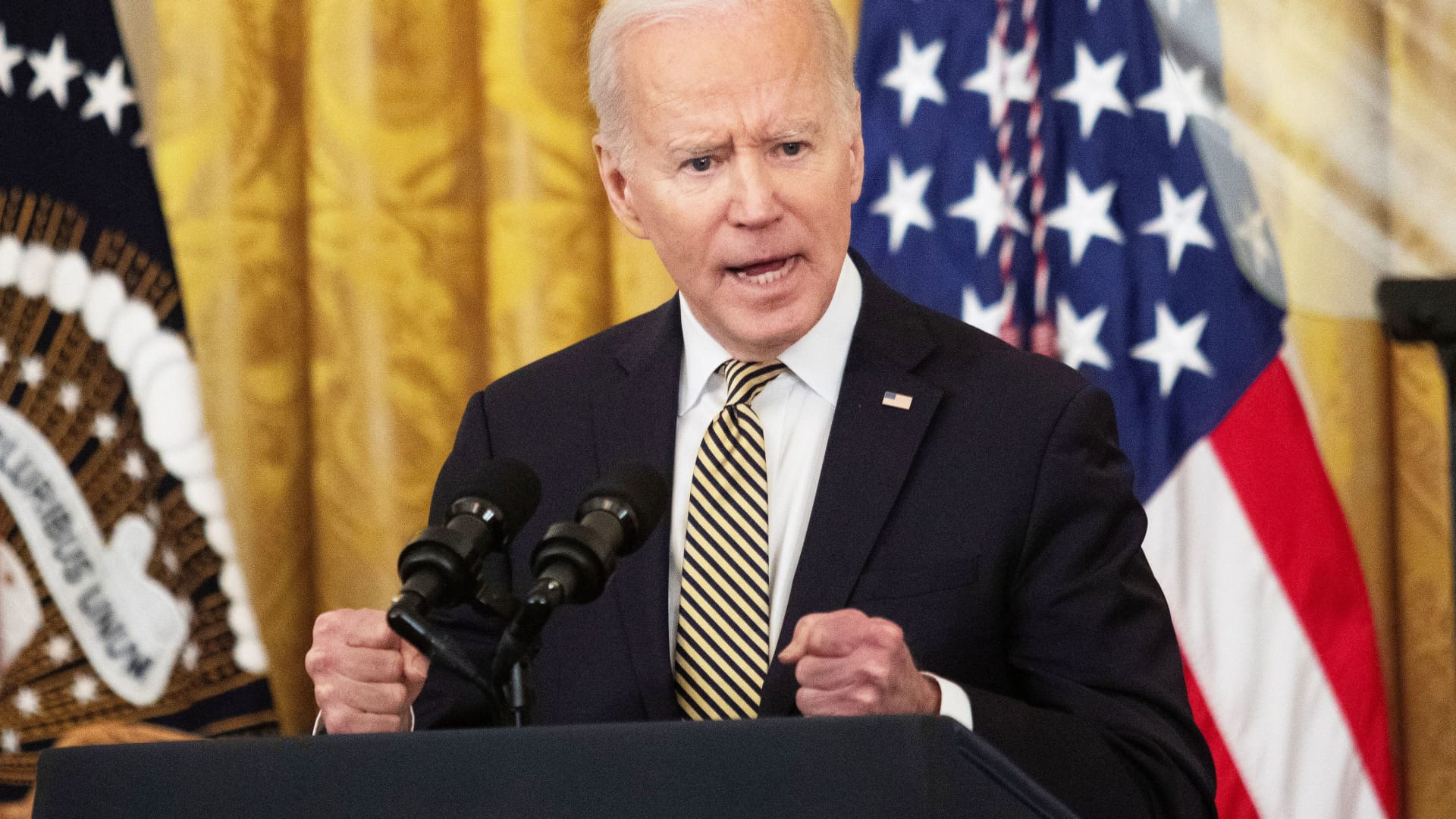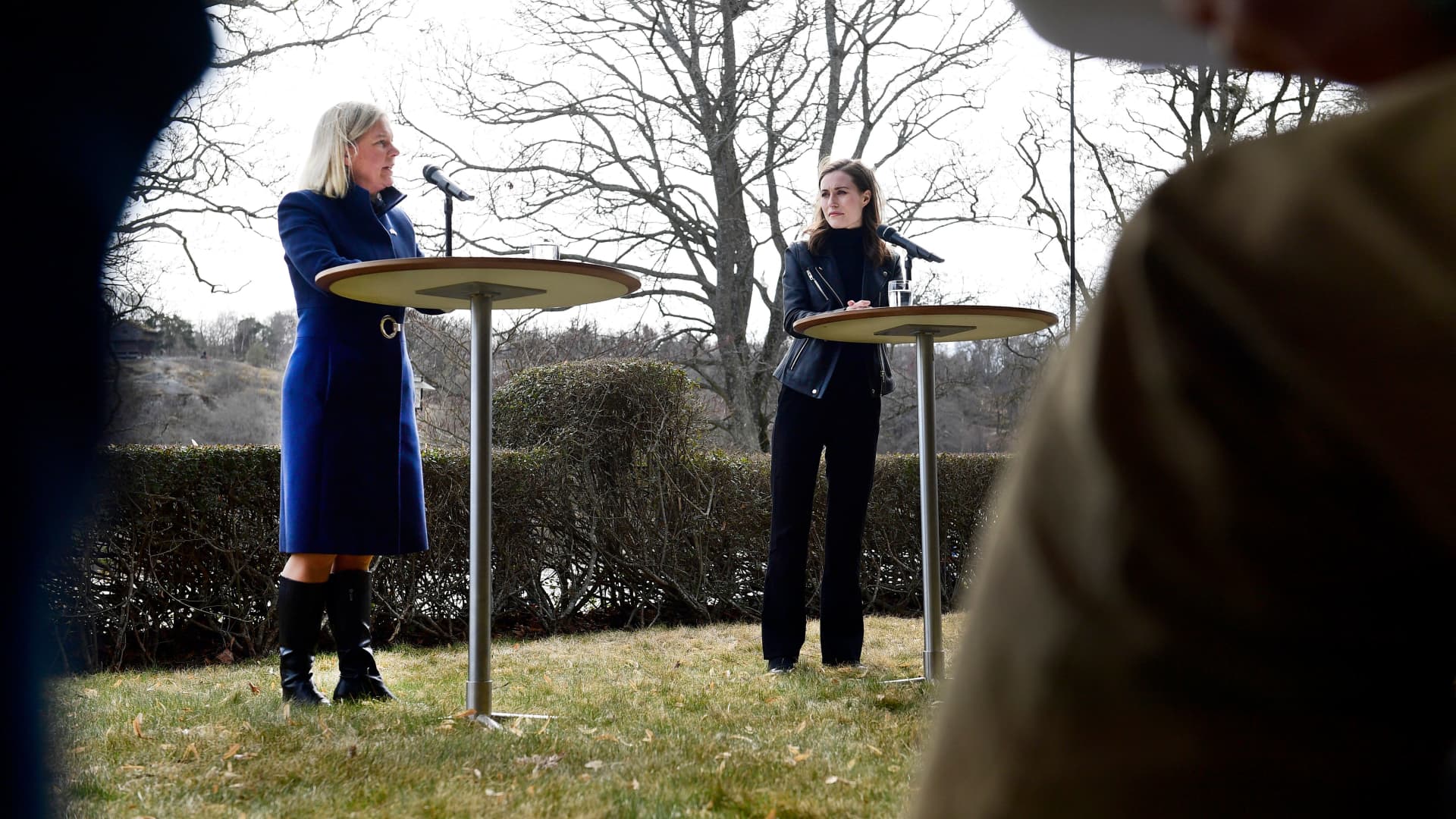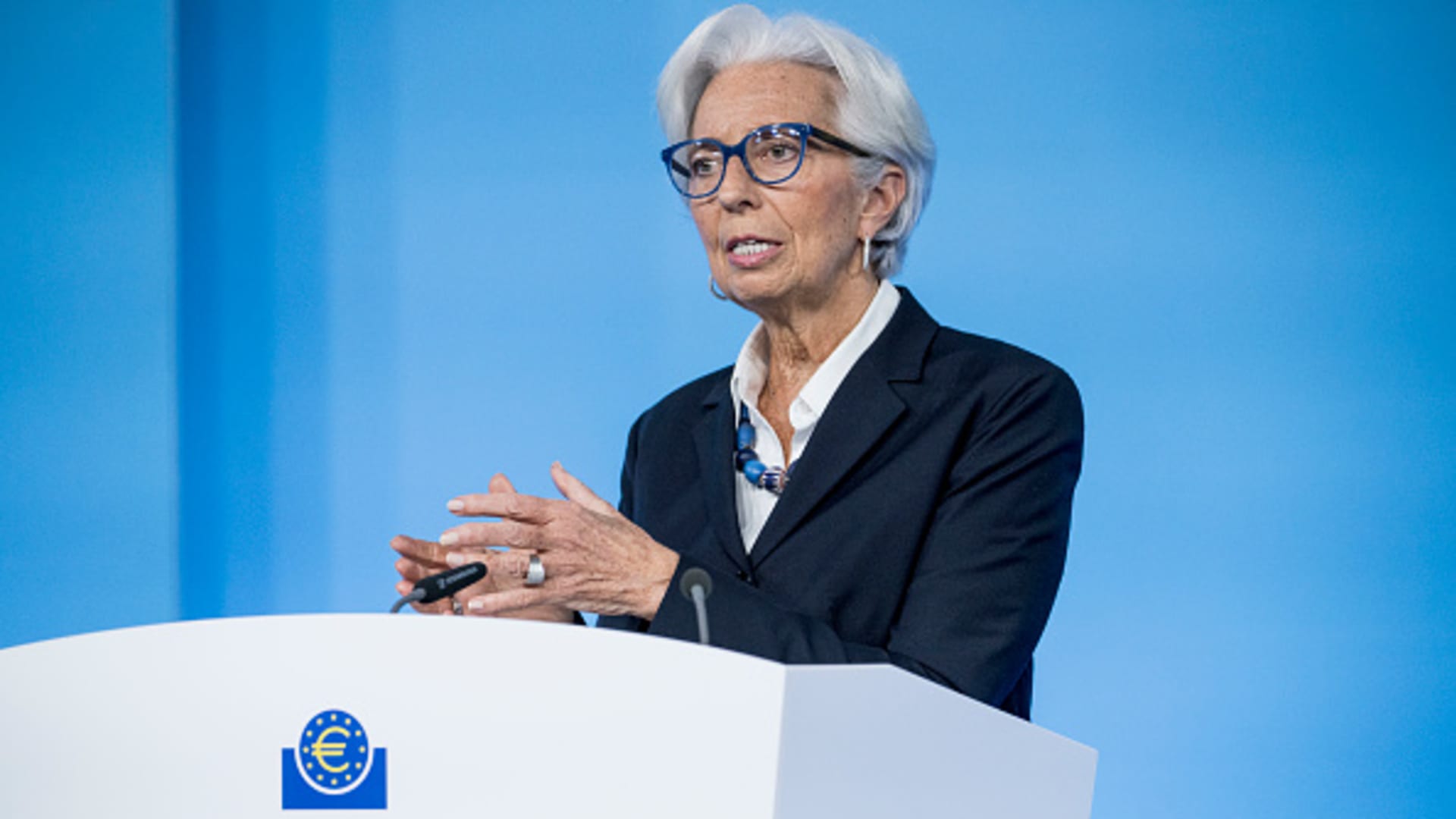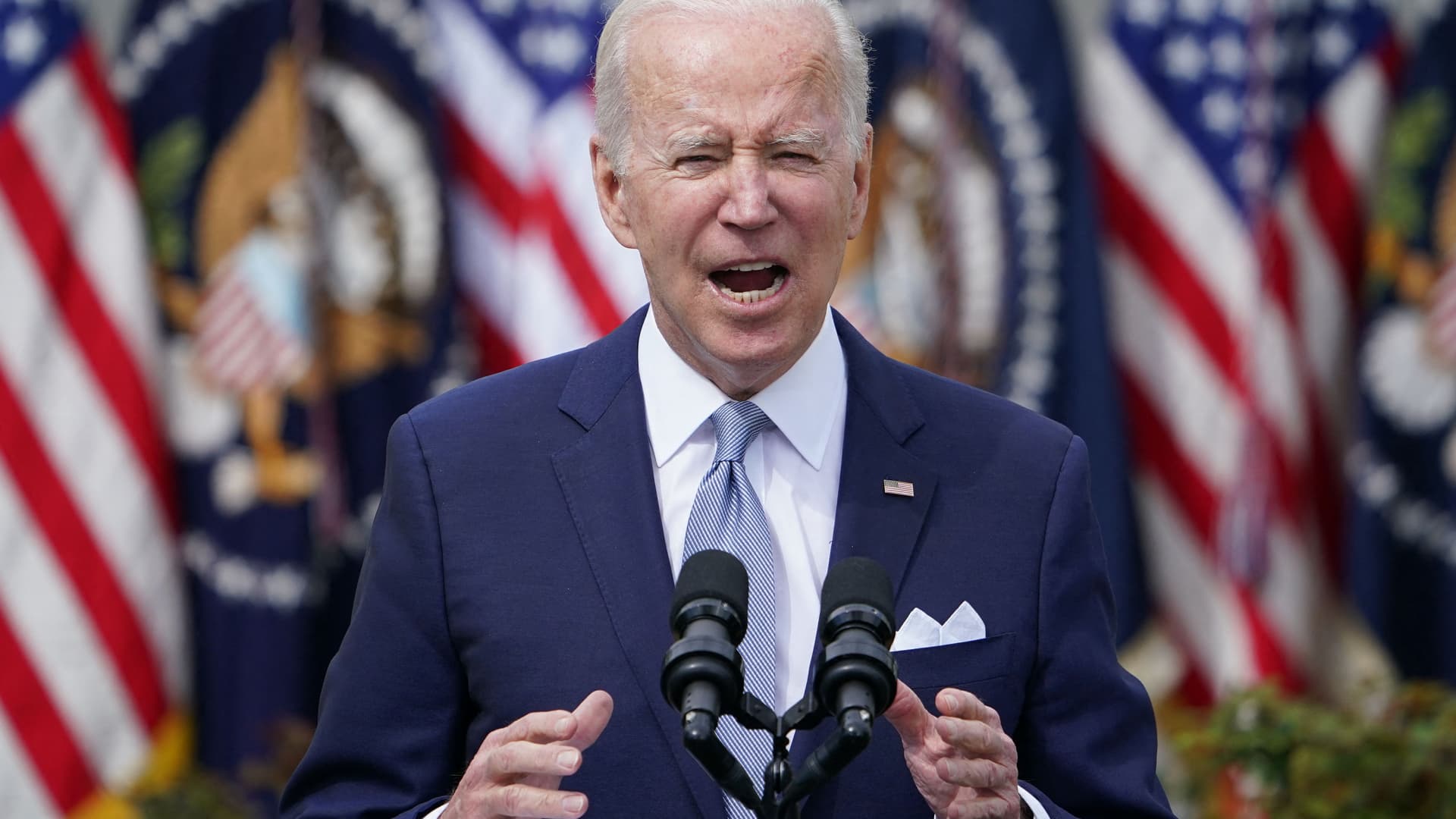Russia can't reach a pro-Russian region in Moldova easily — but there are ways it can cause trouble
Russian authorities would find it hard to physically reach the breakaway region of Transnistria, but there are still ways it can stir up trouble for Moldova.
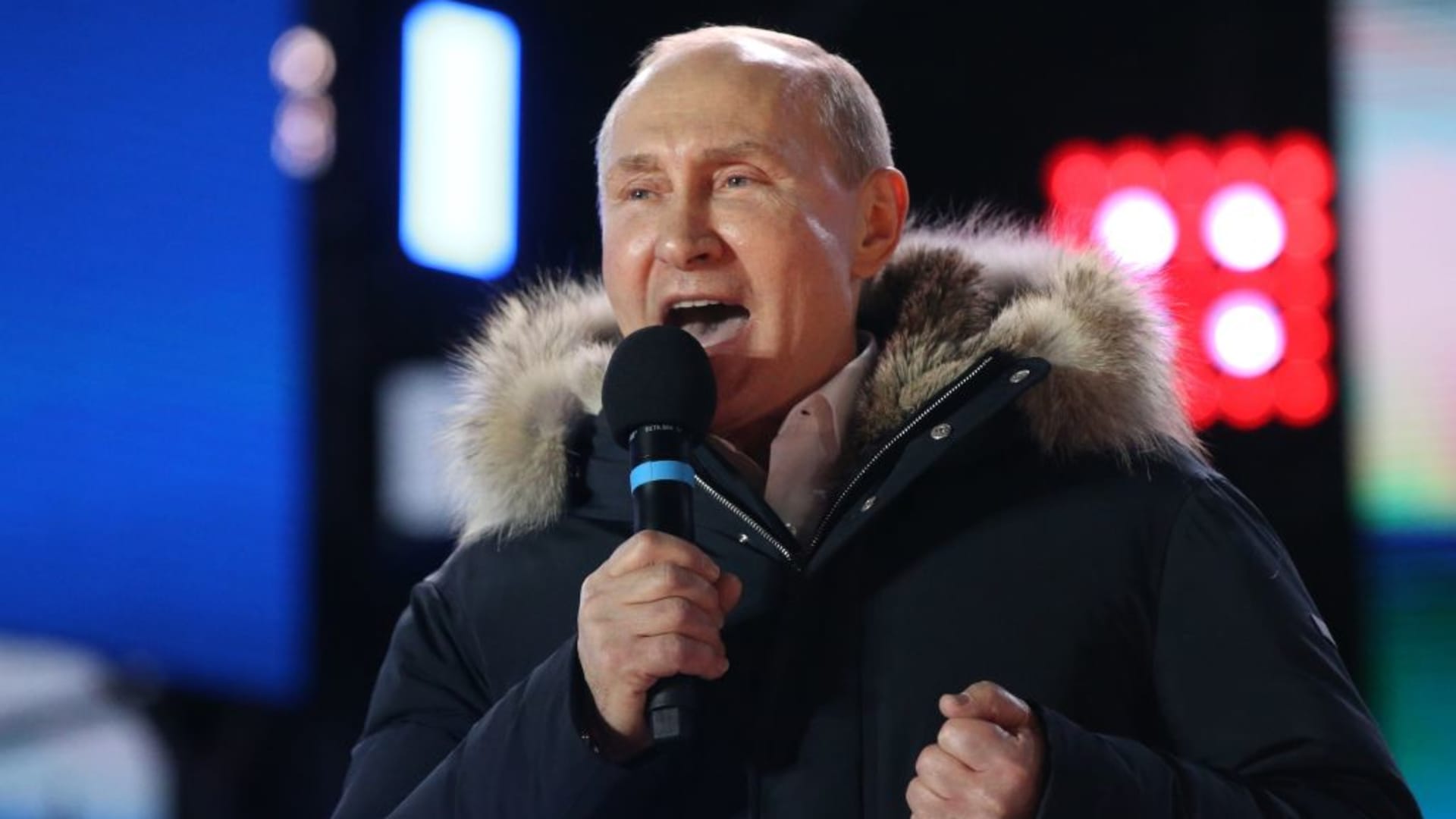
Vladimir Putin at a rally at Manezhnaya Square near the Kremlin on March 18, 2018.
Mikhail Svetlov/Getty Images
Moscow is continuing its saber rattling over the pro-Russian region of Transnistria in Moldova, and analysts are saying that while Russian authorities would find it hard to physically reach the breakaway region to annex it, there are still ways it can stir up pro-Russian unrest — and trouble for Moldova.
Since the separatist self-proclaimed authorities in Transnistria asked for Moscow's "protection" against the Moldovan authorities last week — a move that was widely seen as coordinated with the Kremlin and a possible precursor to Russia beefing up its military presence there, or even annexing the region — the West has been closely watching the rhetoric coming from Moscow.
For its part, Russia's Foreign Ministry said last week that it would carefully consider the request from Transnistria and its people, whom it called its "compatriots."
Transnistria is in eastern Moldova and lies to the western border of Ukraine. No U.N. country, not even Russia, recognizes Transnistria's sovereignty. All U.N. members consider the region to be part of Moldova, which has expressed a desire to reintegrate the region. Nonetheless, Russia has had a small military presence in Transnistria since 1992 and says it is conducting a "peacekeeping operation" there, according to Russia's Defense Ministry.
Similarly to Ukraine, Moldova has a pro-Western government and wants to join the European Union. It also wants to reintegrate Transnistria, making Moldovan-Russian relations highly tense.
Troublemaker Russia?
Problematically for Russia, Moldova and Transnistria are landlocked, sandwiched between Romania and Ukraine. That would mean that reinforcing its troops in the region would be challenging.
But Russia could still cause trouble, especially as a presidential election in Moldova is set to be held later this year — a vote that could be held alongside a referendum on EU membership.
"Invasion isn't likely: Russia has a military base there but it's not well outfitted, and absent a border with Russia (or Russian-occupied Ukraine) there isn't an easy way for the Russians to physically take over. Still, there are other ways for the Russians to cause trouble," Ian Bremmer, founder and president of Eurasia Group, said in emailed comments Tuesday.
Read more CNBC politics coverage
"They could disrupt power from Transnistria to the rest of Moldova (that already happened at one point last year). Further, gas transit from Russia to Transnistria via Ukraine is up in the air because there's a good chance a Gazprom-Naftogaz transit deal doesn't get renewed when it expires at the end of the year," he added.
"So there's reason to put pressure on. With Moldovan pro-Western President Maia Sandu facing re-election later this year, Putin sees an opportunity to make the regime maximally uncomfortable."
CNBC has asked the Kremlin to comment on concerns that Moscow could look to destabilize Moldova and is awaiting a response.
Russian Foreign minister Sergei Lavrov attends a joint press conference with Minister for Foreign Affairs and Cooperation of Mali, Abdoulaye Diop (not pictured), following their talks in Moscow, Russia, 28 February 2024.
Maxim Shipenkov | Reuters
Russia commented further on the issue this week, with Russian Foreign Minister Sergey Lavrov making unsubstantiated claims that the West was seeking to take control of the Moldovan leadership as it did with Ukraine.
"From the very beginning of the post-Soviet era, the West began to wedge itself into relations between Russia and its neighbors. They are still pursuing the same policy," Lavrov said, news agency RIA Novosti reported, with the comments translated by Google.
"This is also visible in Central Asia, in the Transcaucasus. This is also visible in the European part of the former USSR: Ukraine, Moldova, which they are simply openly preparing to become the successor of Ukraine from the point of view of taking over its entire leadership," Lavrov said during a speech at the World Youth Festival in Sochi, Russia.
Possible courses of action
Lavrov's comments likely raised eyebrows among Western observers who already fear that Moscow could use the request by pro-Russian separatists in Transnistria in Moldova as an excuse to claim it as part of the Russian Federation, saying it is doing so to protect Russian citizens in the region who number around 220,000, according to the Transnistrian authorities.
Russia used the same tactics, and justification, for its support for pro-Russian separatists in Donetsk and Luhansk in eastern Ukraine (before announcing its recognition of their "independence" on the eve of the invasion of Ukraine, and later unilaterally annexing them) and in the case of the Russian-backed breakaway regions of South Ossetia and Abkhazia in Georgia. Both of those cases led to, or involved, war.
Analysts at the Institute for the Study of War noted in an analysis last week that the appeal by Transnistria likely aimed "to provide the Kremlin with justifications for a wide range of possible escalatory actions against Moldova — actions the Kremlin can pursue both immediately and over the long-term."
Moldova's President Maia Sandu has accused Russia of plotting a coup to overthrow her pro-EU government.
Bogdan Tudor | Afp | Getty Images
"The Kremlin can use the outcomes of the Congress of Transnistrian Deputies to justify a range of possible courses of action that are not mutually exclusive. The most likely course of action is that the Kremlin will use the Congress as a springboard to intensify hybrid operations aimed a destabilizing and further polarizing Moldova ahead of Moldova-European Union accession negotiations and the upcoming Moldovan presidential election in June and November 2024, respectively," the ISW said.
"The most dangerous course of action is that the Kremlin may decide to formally annex Transnistria in the future in order to justify military intervention against Moldova in the long-term," it noted.

 JaneWalter
JaneWalter 







